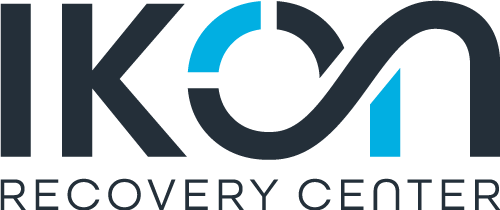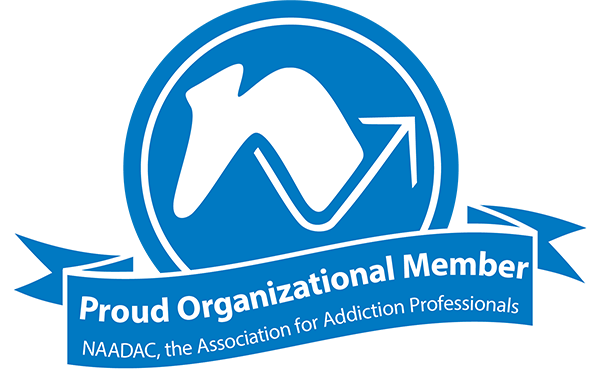Adderall, while effective for managing attention deficit hyperactivity disorder (ADHD), carries a significant risk of abuse and potential consequences. Many people can misuse the medication to enhance focus or energy, often leading to dependency and serious health issues.
The pressures of academic and professional environments can exacerbate this risk, as the desire to perform better can overshadow the dangers of non-medical use. Ikon provides a comprehensive treatment program that emphasizes safe, responsible use and personalized support to help you thrive while also managing ADHD effectively.








